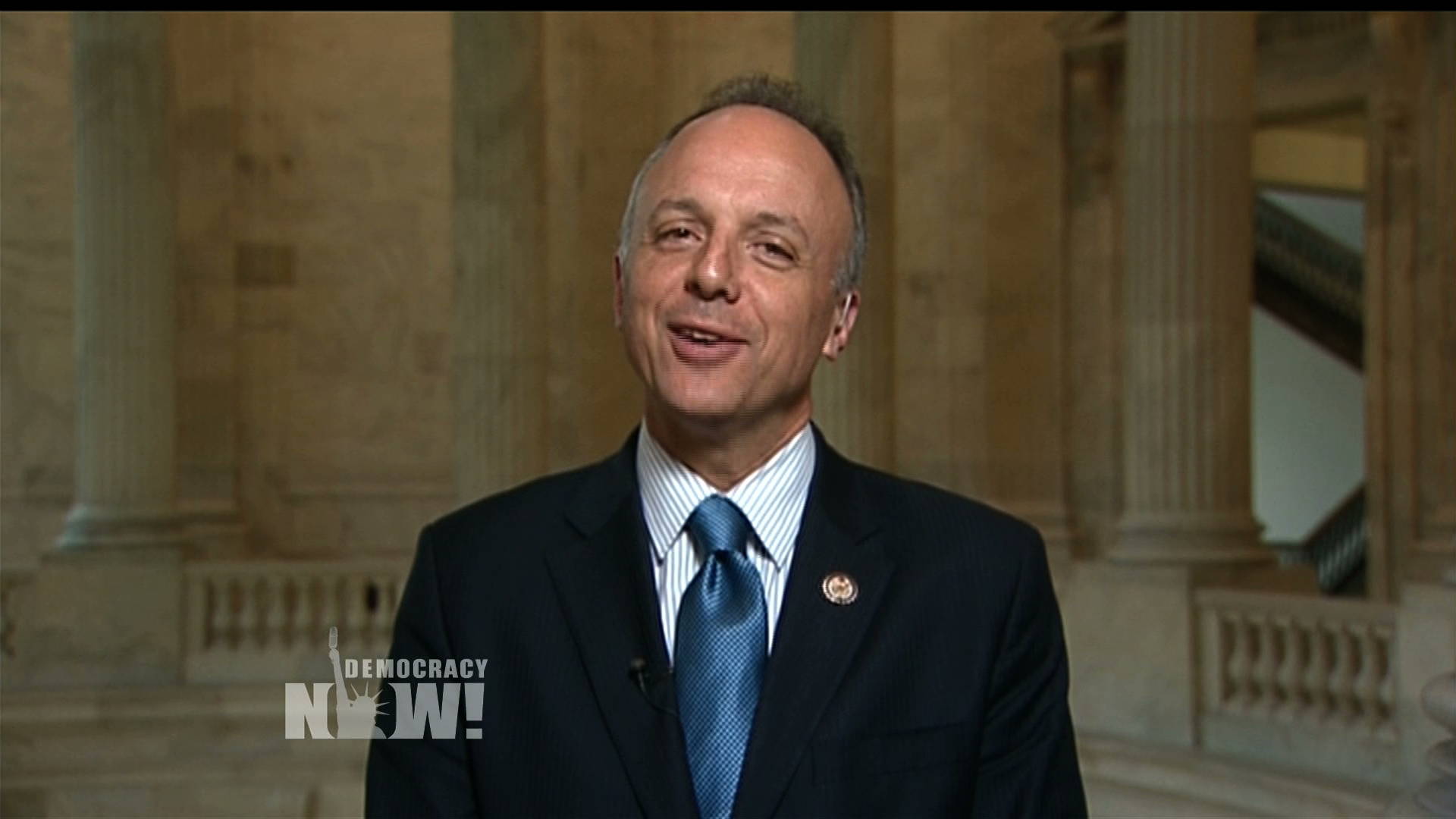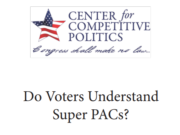Just a fun — and yet the implications are serious, make no mistake about that, because it goes to the heart of free speech and who’s deemed worthy to have it by some of our intellectual betters in the media — a little post to leave with you all as we head into the holiday weekend. Monday, we here at CCP tweeted this piece from The Washington Post on Supreme Court Justice Samuel Alito’s speech to Federalist Society members, in which he discussed, among other things, the Citizens United ruling and its relationship to media corporations. It seems that the esteemed editors at The New York Times were also reading because they turned out this piece of thinly-veiled paranoia a day later. From the piece:
But Justice Alito’s argument wrongly confuses the matter. It is not the corporate structure of media companies that makes them deserving of constitutional protection. It is their function — the vital role that the press plays in American democracy — that sets them apart. In Citizens United, by a 5-to-4 vote, the court ruled that the 2002 Bipartisan Campaign Reform Act, in limiting the amount that organizations could spend, severely restricted First Amendment rights. The law’s purpose and effect, according to the court, was to keep unions and most corporations from conveying facts and opinions to the public, though it exempted media corporations.
Ultimately, what The Times editors end up arguing is that some corporations — media corporations like themselves (conveniently) should be allowed the freedoms afforded them under Citizens United because…I don’t know…they do good things? Roger Pilon over at The Cato Institute, writing about The Times editorial, put it this way:
And why should non-media corporations have lesser speech rights than media corporations? Because, as Justice John Paul Stevens said in dissent, and the Times quotes, they “are not actually members of society” – unlike the Times, presumably. Unhinged indeed.
To us it just looks a lot like “good for me but not for thee.” Which is anathema to free speech for all, something Citizens United was trying to address when it assured people that their First Amendment rights were secure no matter how they chose to group themselves. No one said they had to group themselves together as a corporation and perform a certain “function” (to use The Times’ word) in order to retain their rights.
But it makes sense that The New York Times is trying to keep the good stuff for themselves. It’s become a scary world for traditional media these days.
UPDATE: One of our brilliant lawyers, Zac Morgan, summed the issue up accordingly:
“The problem, as I see it, is that on one side the Times insists that media corporations are protected because of their ‘press function.’ By this, I assume they mean that they keep the citizenry abreast of ‘all the news that’s fit to print’.
But, of course, the Times doesn’t stop there. They also publish editorials (from the NYT editorial board) demanding changes in the campaign finance system, advocating for the Times’ preferred foreign policy, and endorsing specific candidates in campaigns. All of a sudden, it’s very difficult to distinguish the Times’ political advocacy from the sort of advocacy they wish to deny to other groups that adopt the corporate form.”
And there you have it.














